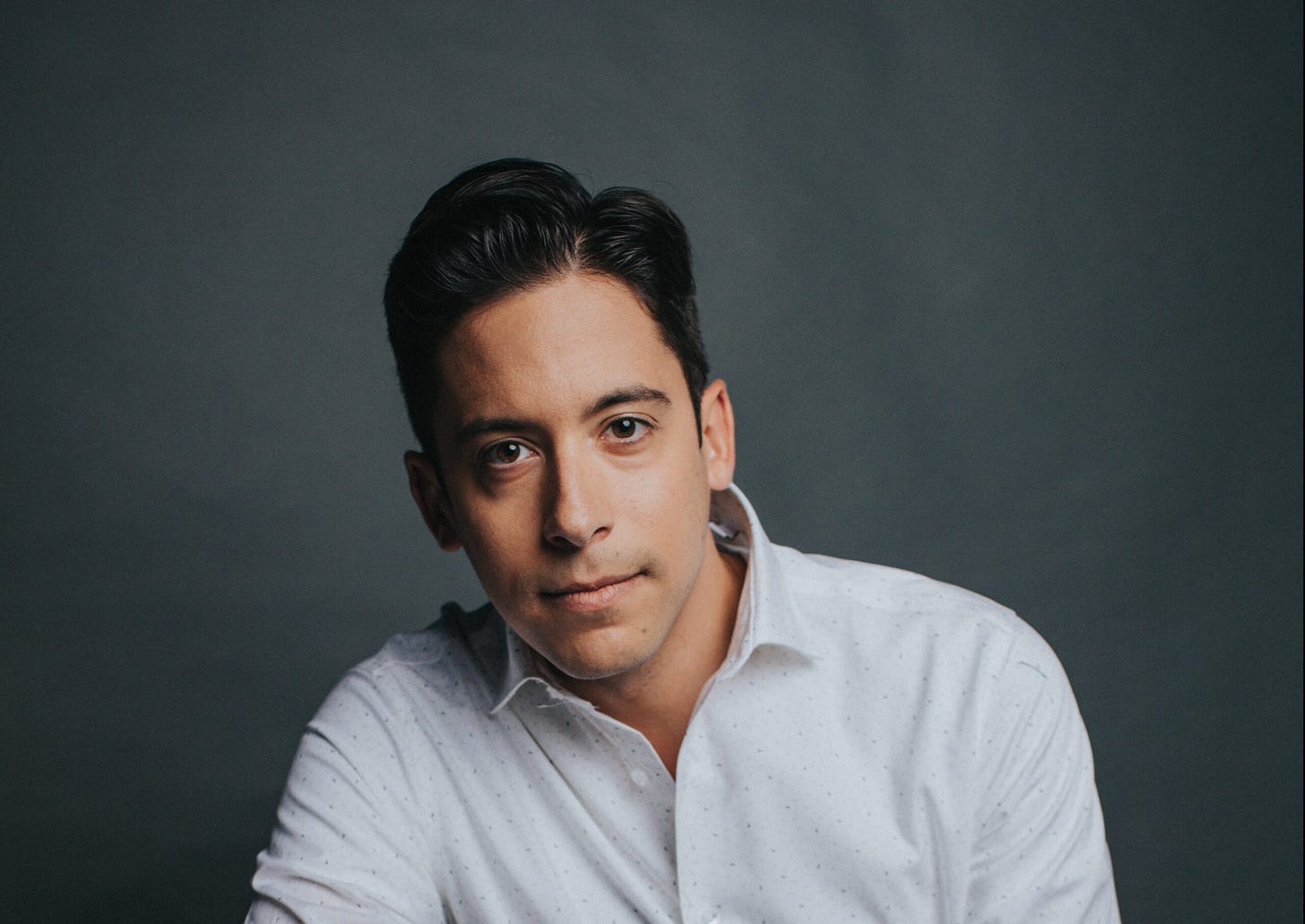Michael Knowles Warns Against Rising Left-Wing Political Violence at Harvard Event
On Thursday evening, over 200 people crowded into a lecture hall in Harvard Law School’s Austin Hall to hear political commentator Michael Knowles deliver a talk on the growing threat of political violence. The event drew so much interest that scores of students were turned away at the door due to capacity limits and heightened security concerns.
Knowles’ lecture, hosted in the wake of the assassination of Charlie Kirk, was framed around what he described as a disturbing trend: the normalization of violence in service of Leftist ideology. “As society becomes more tolerant of deviant behaviors,” Knowles argued, “it becomes less tolerant of those it deems intolerant.” He pointed to Harvard’s recent hiring of a visiting professor known for appearances on RuPaul’s Drag Race as emblematic of how institutions elevate cultural radicalism while marginalizing dissent.
Quoting left-wing personalities such as Hasan Piker and Steven “Destiny” Bonnell, Knowles highlighted open calls for violence against conservatives, before citing polling that shows more than one in four young leftists now endorses political violence against opponents. He contended that progressives have made violence a kind of “First Amendment right” for themselves, condemning it only when it conflicts with their aims, while celebrating—or ignoring—violence when it advances their own agenda.
Knowles drew parallels to recent tragedies, including the Covenant School shooting in Nashville and the riots following the rise of Black Lives Matter, events he argued have been stripped of their political dimensions by left-leaning media and authorities. “The American left reacted to the highest-profile assassination of a political figure in half a century by minimizing and justifying the violence,” he said. “A trans ideologue massacred Christian children, and authorities failed to find a political motive.”
Recounting his own experience of an attempted ANTIFA bombing at a speaking engagement—which injured a police officer—Knowles underscored his thesis bluntly: “The Left simply commits more violence.”
From there, his speech shifted to the question of free speech itself. He argued that limitations on certain forms of discourse are essential if the public square is to survive at all. “If mainstream liberals can dance on the grave of the gracious and moderate Charlie Kirk,” Knowles declared, “we need to make certain exclusions.” While progressives denounce such limits as “fascistic,” Knowles countered that laws governing speech are inevitable—if for no other reason than that “we live together.”
In closing, Knowles turned his critique toward conservatives who hesitate to meet the left on its own terms. He dismissed the argument that “if we limit their speech, they’ll limit ours” as a false restraint, reminding his audience that the left has long wielded this power unilaterally. “We don’t need to worry about being called fascist,” he concluded, noting that the term has become a hollow slur, deployed to silence truth and mask the left’s totalitarian ambitions.
The evening ended with a robust question-and-answer session, but the central theme of the night was clear: political violence, once universally condemned, has been selectively excused by the left. Knowles urged his audience to recognize the stakes and to respond with moral clarity and courage.




A substantial part of the Left sees its violence as speech and the Right's speech as violence.
I would love to have attended. If anyone who did attend would leave a comment elaborating on the behavior of audience and any protestors, it would be greatly appreciated. I'm quite pleased, and not a little surprised, that this speaking event actually came to fruition at Harvard.